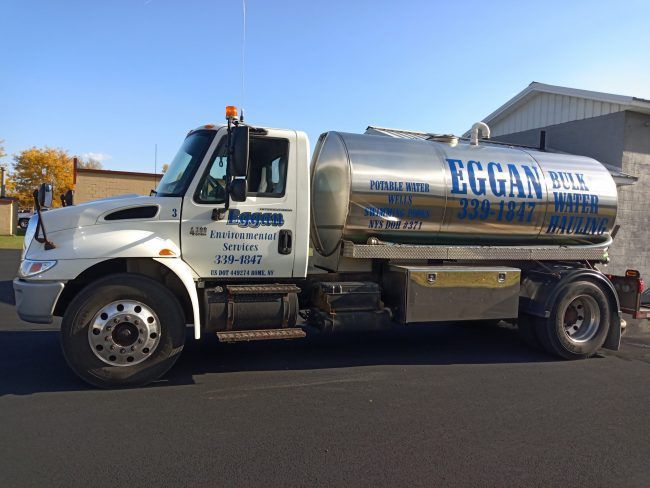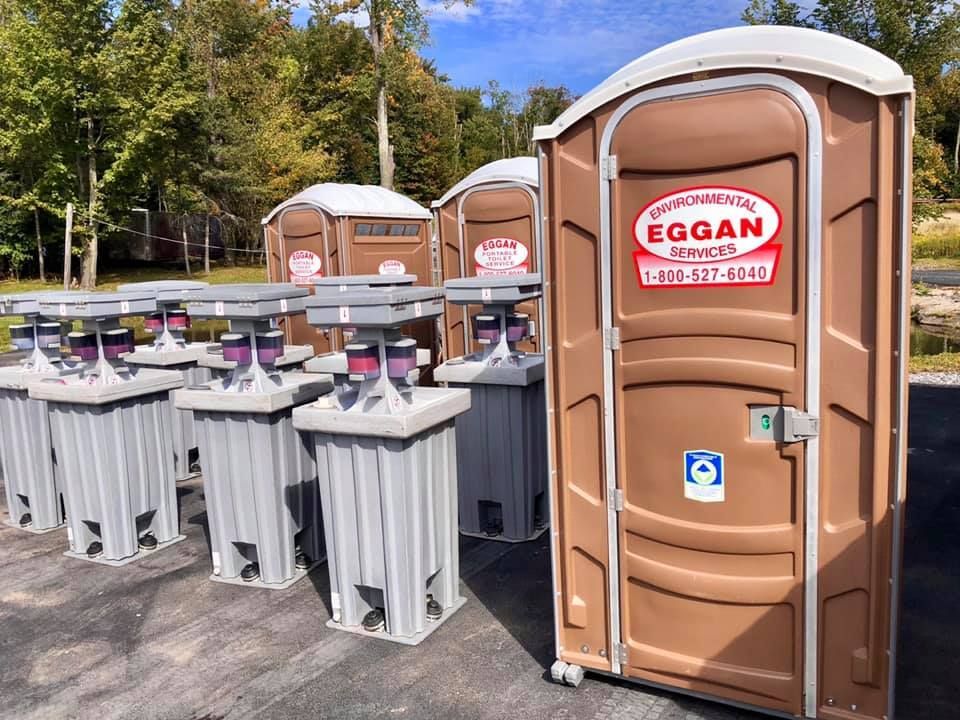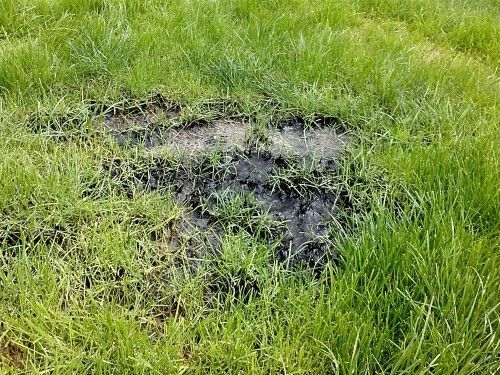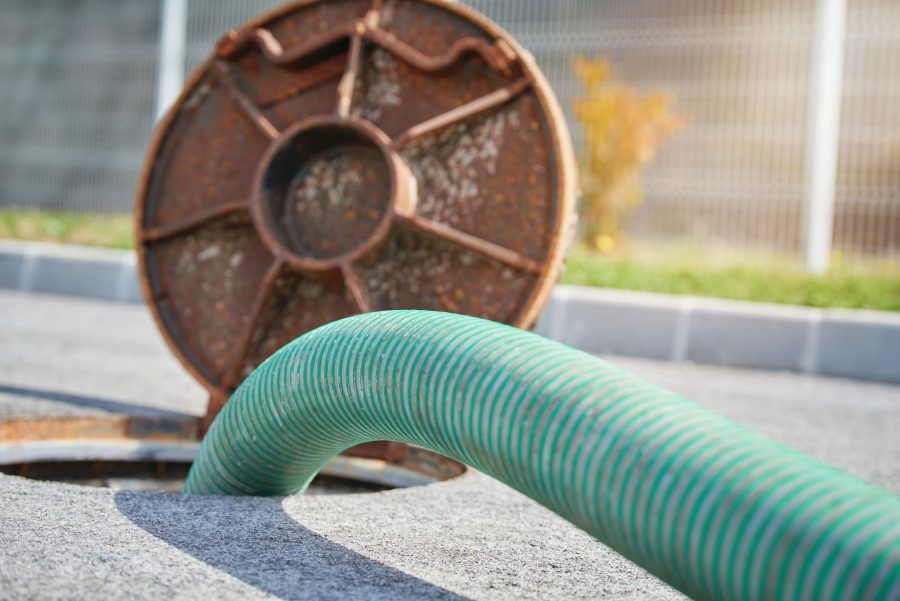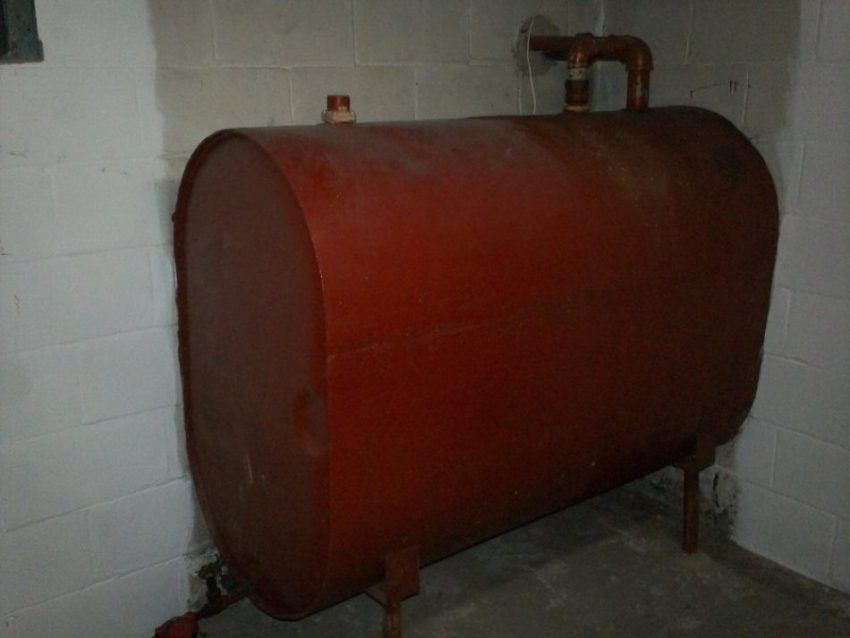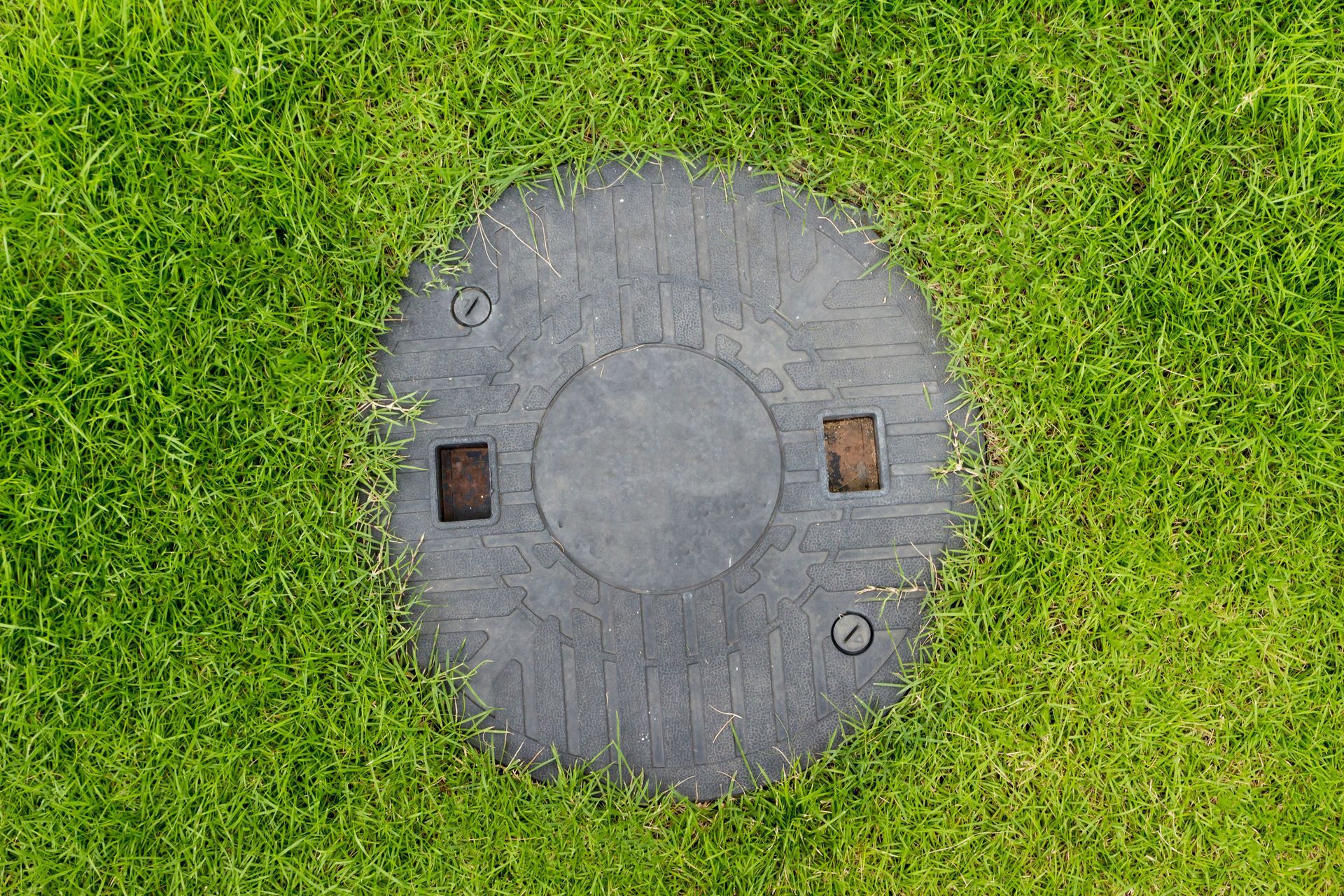How to Maintain Your Septic Tank
How to Maintain Your Septic Tank
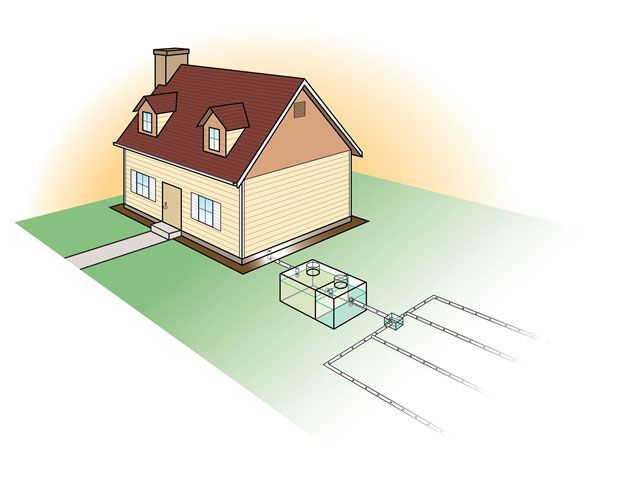
Septic tanks are a common alternative for properties with no sewer access, including rural homes, cottages, and even businesses. Proper septic tank maintenance will extend the life of your system and prevent any unwanted accidents in your home. Read on to learn more about your septic system.
What is a Septic Tank?
A septic tank is a large, underground tank designed to hold your home’s wastewater and sewage. Tanks are typically made from concrete or fiberglass and are buried within 10–25 feet of your home. As waste flows into your septic tank, it settles into three layers:
- The top layer, also known as “scum,” contains any floating material—including grease and toilet paper.
- The bottom layer, called the “sludge” layer, contains any solid waste that sinks, including soil and food particles.
- The middle layer, or “effluent,” is the liquid layer, made up of all the water that flows down your drain. In many septic systems, this layer is gradually emptied into a seepage pit or leach field where it is filtered through sand and soil.
Bacteria inside your tank feeds on the scum and sludge layers, breaking them down over time. As the tank fills up, it will need to be pumped. Holding tanks are not connected to a leach field or seepage pit, and therefore need to be pumped more often.
How to Keep Your Tank in Great Shape
Nothing will prevent your tank from needing to be pumped, but you can take steps to prevent clogs and increase your tank’s lifespan.
- Only use toilet paper designed for septic systems.
- Do not pour grease or fats down the drain.
- Only flush waste and toilet paper; nothing else!
- Take steps to conserve water usage.
- Make sure your tank has a 24-hour retention time to keep layers balanced.
- Avoid using additives, as they can harm the balance of your tank.
- Have your septic tank pumped at least every three years.
Eggan Septic & Environmental Services is here for all your septic tank needs! We install and repair septic systems, including leach fields and seepage pits. If you have a septic tank on your property, visit our website or call (315) 339-1847 to learn more about our services.

